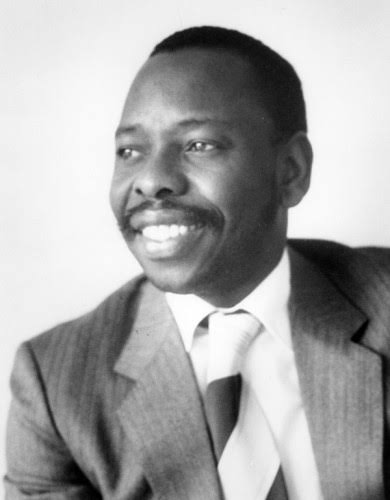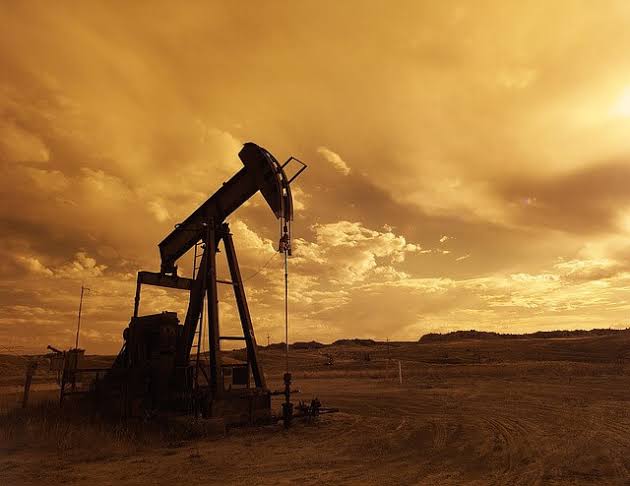organised a peaceful rally against Shell, the company called the police3. In 1987, when the Iko once again held a peaceful demonstration against Shell, the notorious Mobile Police Force
(MPF), locally known as “kill-and-go” was called.
Community protests against Shell continued to spread across the Delta. Next was the turn of the
Etche at Umuechem.
presence of the MPF6, who subsequently massacred up to 80 people and destroyed nearly 500 homes.
National Petroleum Corporation (NNPC) & Chevron. The companies had to pay back-royalties and compensation within 30 days or quit Ogoniland
To be cont'd










